In Istanbul, the night doesn’t end when the sun sets-it transforms. While the Bosphorus glimmers and the call to prayer echoes over Eminönü, a different rhythm takes hold in the backstreets of Beyoğlu. Somewhere between the neon glow of İstiklal Avenue and the quiet hum of a rooftop bar in Nişantaşı, there’s a place where the city’s pulse becomes a beat you can’t ignore: Kiki Nightclub.
Why Kiki Isn’t Just Another Club in Istanbul
Most clubs in Istanbul follow a script: loud bass, overpriced cocktails, and a crowd waiting for the DJ to drop the track they know from TikTok. Kiki doesn’t play that game. It’s not just a venue-it’s a cultural moment. Open since 2021, Kiki carved its identity by rejecting the generic. No velvet ropes for the ‘right’ people. No dress codes that punish jeans. No forced theme nights. Instead, it offers something rarer in a city of over 16 million: authenticity. The sound? A curated mix of underground techno, Turkish electronic fusion, and rare disco edits spun by DJs who’ve played in Berlin, Tokyo, and Istanbul’s own legendary spots like Kasa and Saha. You won’t hear ‘Despacito’ here. You’ll hear a 1992 Turkish synth-pop remix layered over a deep house groove, or a live saz player improvising with a modular synth. It’s not noise-it’s narrative.The Vibe: Where Istanbul’s Subcultures Collide
Walk into Kiki and you’ll see it: a 30-year-old art professor from Kadıköy dancing next to a 22-year-old Kurdish DJ from Diyarbakır, who’s wearing a headscarf and fingerless gloves. A French expat who moved here for the coffee culture is sipping a house-made lavender tonic next to a Turkish architect who designed half of the new galleries in Karaköy. This isn’t accidental. Kiki’s owner, Elif Yılmaz, built the space to be a mirror of Istanbul’s true diversity-not the Instagram version, but the messy, beautiful, real one. The lighting? Low, moody, and shifting. No blinding strobes. Just slow pulses of indigo and amber that make the room feel like a secret cave lit by candlelight. The walls are covered in rotating art from local Istanbul-based artists-some painted on recycled Istanbul tram tickets, others printed on fabric from the Grand Bazaar’s textile stalls. Even the bathrooms have a story: the tiles were salvaged from a 1920s Ottoman bathhouse in Üsküdar.How to Get In (And What to Expect When You Do)
Kiki doesn’t do online ticketing. No Eventbrite. No WhatsApp groups. You show up. The door is unmarked-just a narrow alley off İstiklal, past the old cinema that used to show silent films, past the kebab joint that’s been open since 1987. There’s a small wooden sign with a single letter: K. That’s it. Entry is free before midnight. After that, it’s 120 TL-a price that’s steep for some, but fair when you consider the quality. No one’s marking up the drinks. The house gin and tonic? Made with local juniper berries from the Black Sea coast. The non-alcoholic option? A fermented hibiscus drink with cardamom and rosewater, brewed in-house. You won’t find Red Bull here. You’ll find herbal teas from Sivas and homemade limonata with crushed mint from the rooftop garden. The music starts at 11 PM and doesn’t peak until 3 AM. That’s when the real crowd arrives-the ones who’ve been out since sunset, who’ve had dinner at Çiya Sofrası in Kadıköy, who’ve walked across the Galata Bridge to watch the fishermen, who’ve sipped raki under the stars at a rooftop in Beşiktaş. They come here not to be seen, but to feel.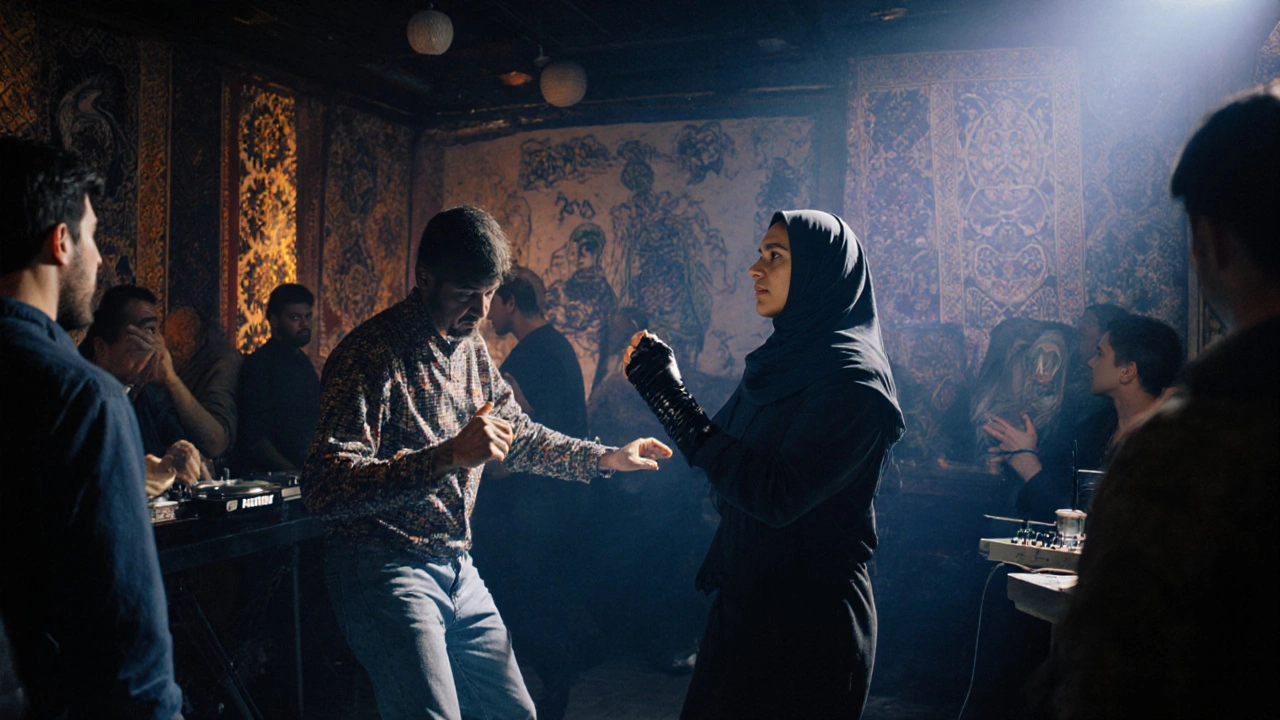
Why Kiki Feels Like Istanbul Itself
Istanbul has always been a city of layers. Byzantine ruins under modern pavement. Ottoman minarets beside steel-and-glass towers. The scent of simit and incense in the same breeze. Kiki captures that. It doesn’t try to be European. It doesn’t try to be Middle Eastern. It’s Istanbul. It’s the sound of the sea meeting the city. It’s the way the Bosphorus wind carries music from the Asian side into the European alleys. Unlike clubs in Ankara or Izmir, Kiki doesn’t chase trends. It doesn’t need to. It’s built on loyalty. Regulars bring their friends. Friends bring their cousins. Cousins bring their professors. And every Thursday, there’s a silent disco where the music is only heard through headphones-each pair programmed with a different genre. One set for Turkish folk remixes. One for Detroit techno. One for Kurdish folk-pop. People dance alone, together, in the same room, never speaking. It’s quiet. It’s powerful.When to Go and How to Plan Your Night
Kiki is open Thursday through Sunday. Don’t come on a Monday unless you want to be the only one there-and you’ll probably be invited to join the staff for tea afterward. Arrive between 11:30 PM and 1 AM. That’s when the energy settles into its groove. Come earlier, and you’ll be waiting. Come later, and you’ll miss the magic. Plan your night like a local: Start with dinner at a historic spot like Asitane in Topkapı or Hacı Abdullah in Beşiktaş. Walk to Kiki through İstiklal, but skip the tourist traps. Take the side streets. Notice the street musicians playing ney flutes near the Galata Tower. Stop at a small bookstore that sells poetry in Ottoman Turkish. That’s the rhythm Kiki expects you to carry in. Leave your phone in your pocket. Not because it’s forbidden-but because you won’t want to use it. The lights are too soft for selfies. The music is too deep for scrolling. You’ll remember this night not in photos, but in how your chest felt when the bass hit just right.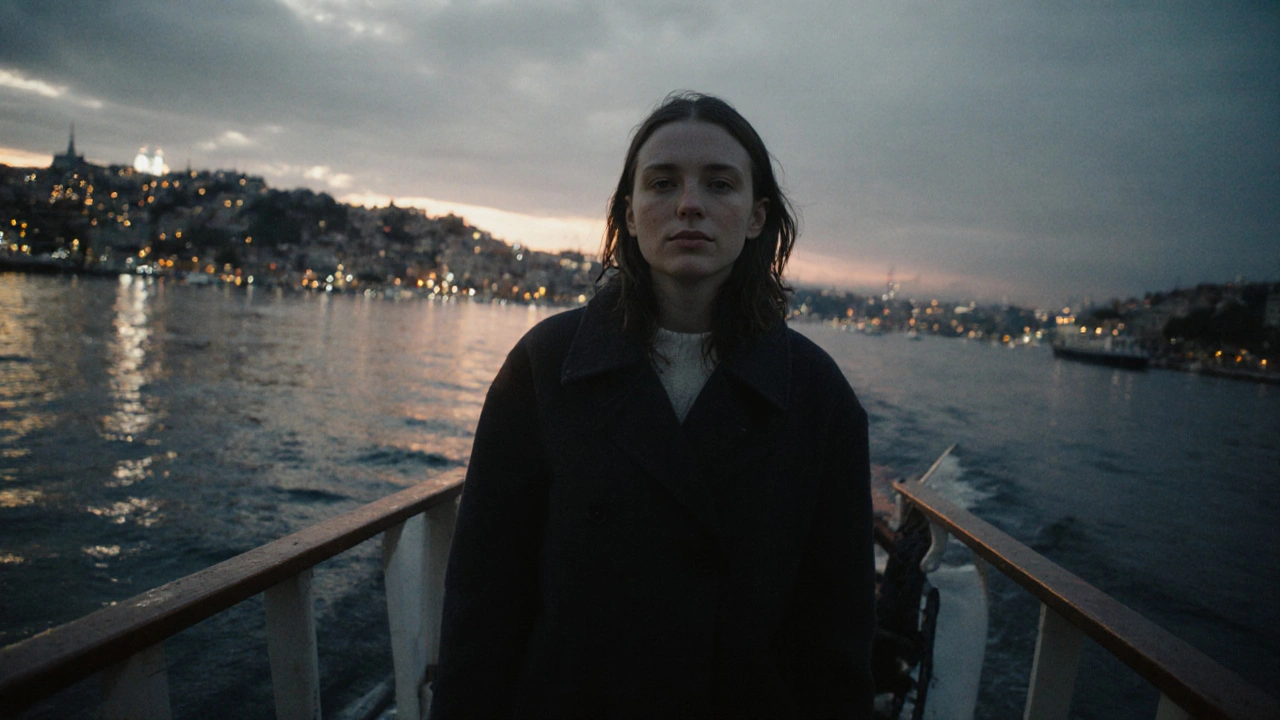
What Makes Kiki Different From Other Istanbul Clubs
Compare it to other spots:- Kasa is where the elite go to be seen. Kiki is where the real ones go to be felt.
- Saha is loud, industrial, and experimental. Kiki is warm, human, and emotional.
- Reina is a party on the water. Kiki is a party inside the soul.
What to Do After Kiki Closes
The club shuts at 5 AM. But Istanbul doesn’t sleep. Walk five minutes to the 24-hour döner spot on the corner of Meşrutiyet Caddesi. Order a lamb wrap with extra onions and a side of ayran. Eat it standing up. Watch the street sweepers begin their work. The city is waking up, but you’re still part of the night. If you’re staying in Sultanahmet, take the tram back to Taksim. If you’re in Kadıköy, hop on the ferry. The ride across the Bosphorus at 5:30 AM is silent. The water is still. The lights of the city reflect like fallen stars. You’ll feel it then-the night didn’t end. It just changed shape.Is Kiki Nightclub open every night?
No, Kiki Nightclub is only open Thursday through Sunday, from 11 PM to 5 AM. It’s closed Monday through Wednesday. The club intentionally limits its schedule to preserve its intimate atmosphere and ensure high-quality performances. If you’re visiting Istanbul on a weekday, you’ll need to plan ahead or explore other nightlife options like Kasa or Saha.
Do I need to buy tickets in advance for Kiki Nightclub?
No, tickets are not sold online or in advance. Entry is free before midnight, and after that, it’s a flat 120 TL at the door. There’s no reservation system, no app, no WhatsApp group. Just show up. This intentional lack of digital booking keeps the crowd authentic and prevents ticket scalping. Locals appreciate this-it means you’re there because you want to be, not because you bought a ticket to post online.
Is Kiki Nightclub suitable for tourists?
Absolutely-but not as a checklist item. Kiki isn’t a tourist attraction. It’s a hidden gem for those who want to experience Istanbul’s real nightlife, not the version sold in brochures. If you’re looking for loud EDM, bottle service, or Instagram backdrops, you’ll be disappointed. But if you want to dance to music you’ve never heard before, meet people who live here, and feel the pulse of a city that never stops moving, Kiki is one of the best places to do it.
What’s the dress code at Kiki Nightclub?
There is no dress code. Jeans, skirts, kimonos, sneakers, heels, headscarves, leather jackets-all welcome. The only rule is: don’t come in swimwear or flip-flops. Beyond that, wear what makes you feel like yourself. That’s the point. Kiki rejects the idea that nightlife requires a costume. It’s about identity, not imitation.
Can I bring my own drinks to Kiki Nightclub?
No, outside drinks are not allowed. But you won’t want them. The bar uses only locally sourced ingredients: Turkish gin from the Aegean, honey from the Taurus Mountains, herbs from the Black Sea region. The cocktails are crafted to reflect Istanbul’s terroir. Even the ice is made from filtered Bosphorus water. Trying to bring your own drink would be like bringing your own bread to a bakery that makes sourdough with 100-year-old starter.
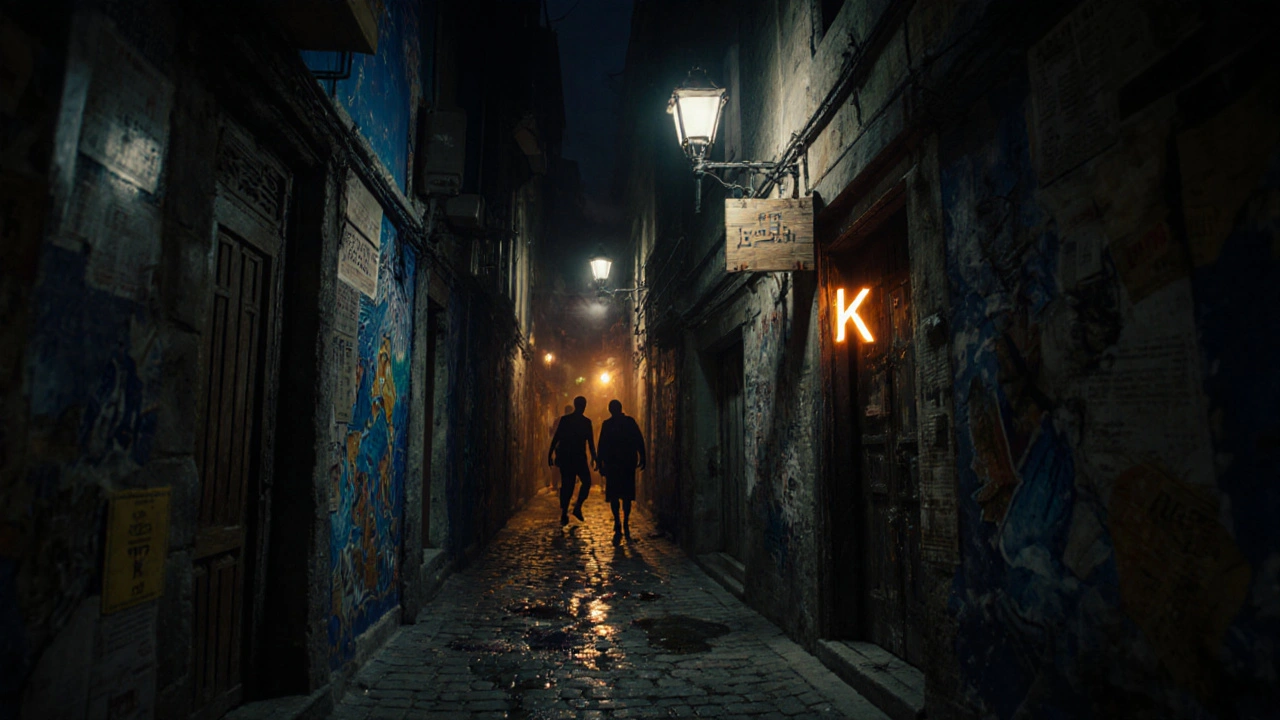

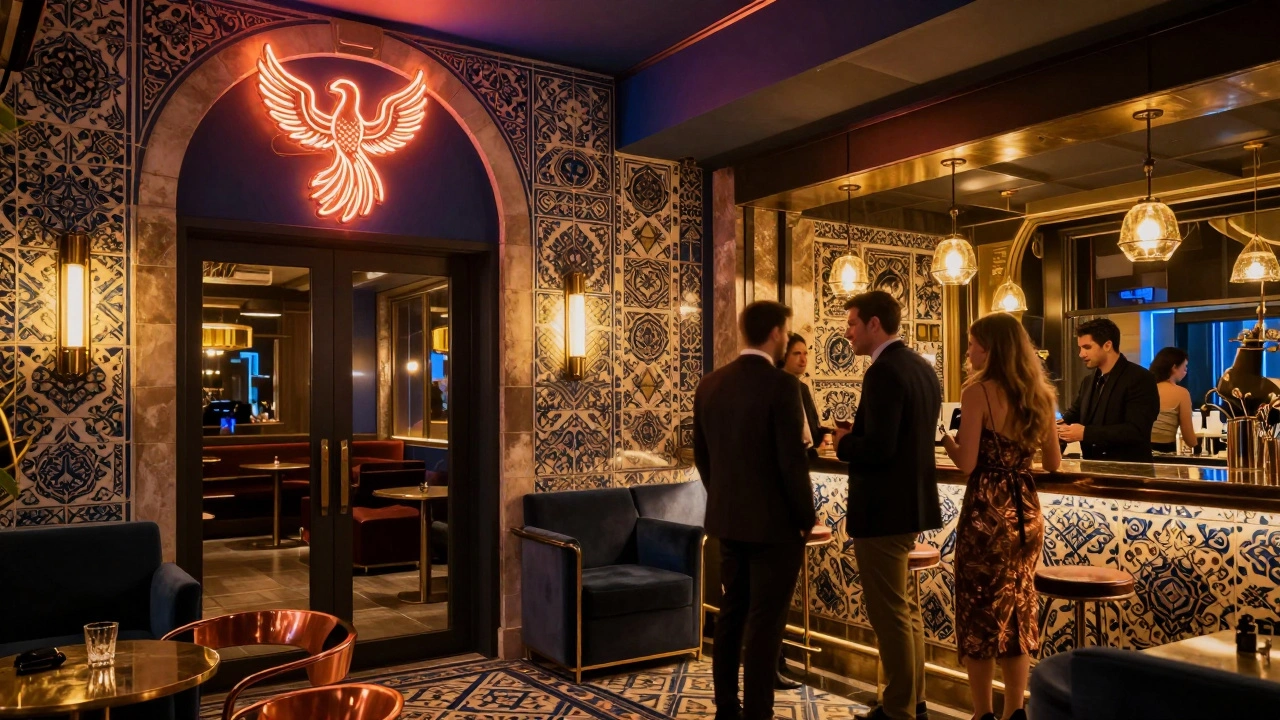
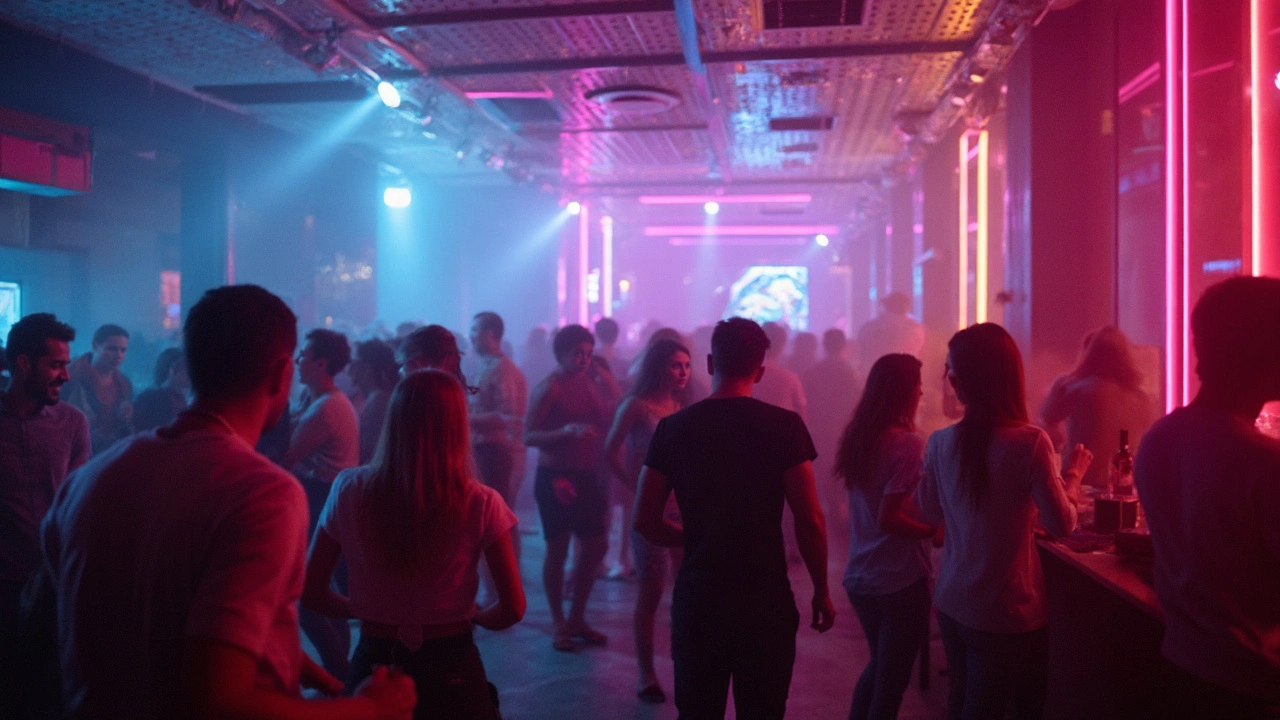
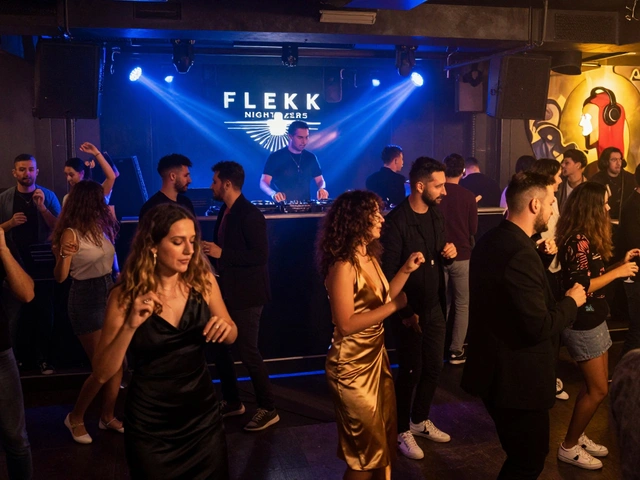
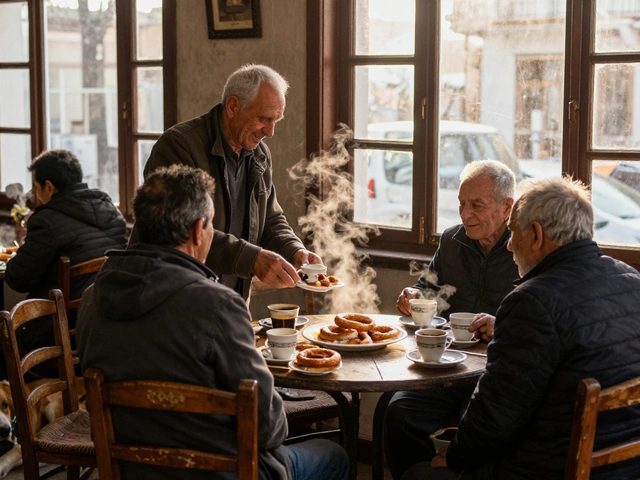
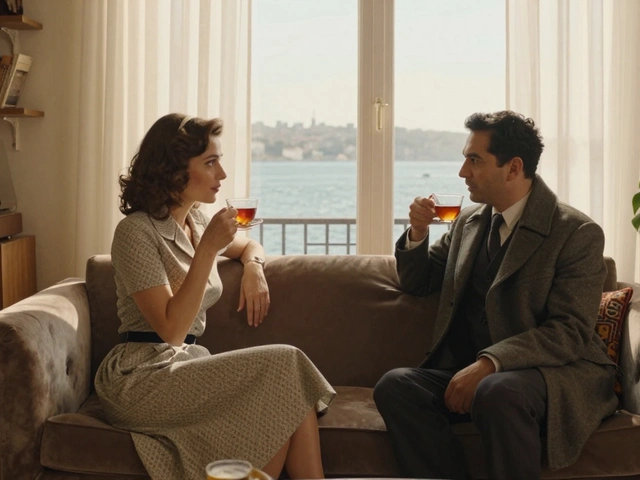
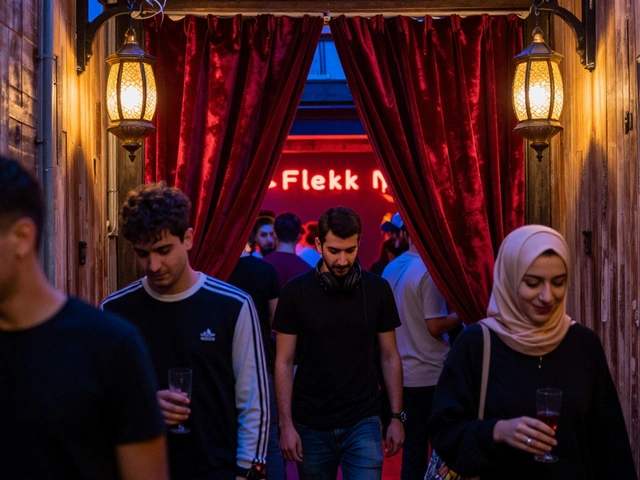
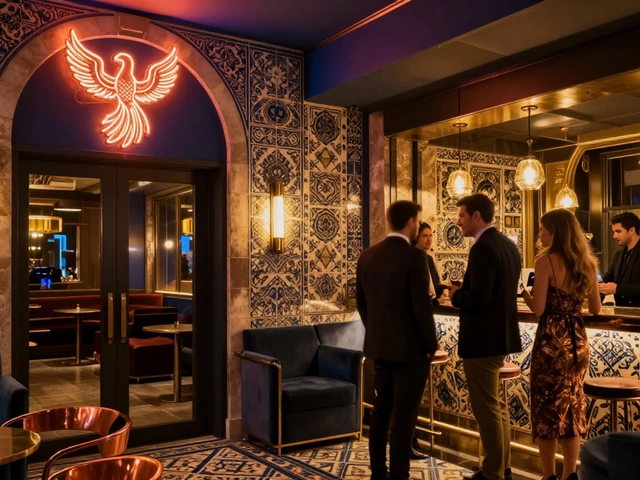
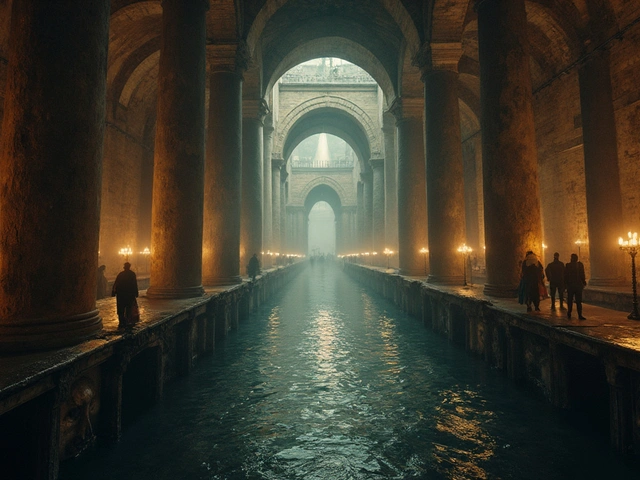
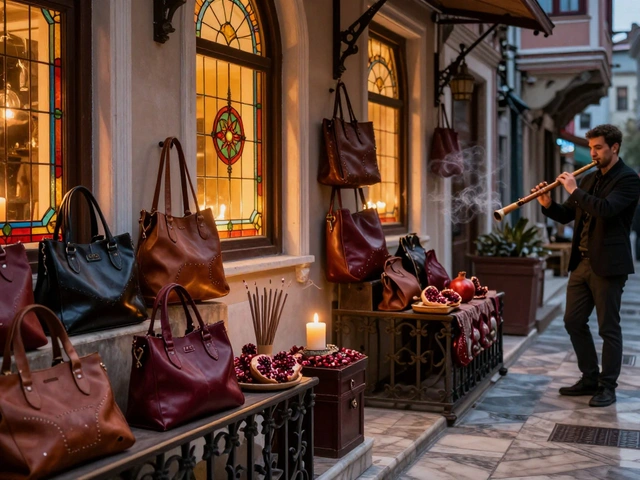
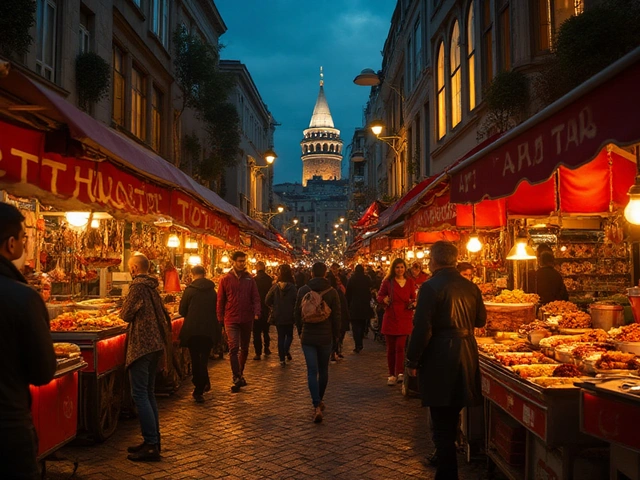
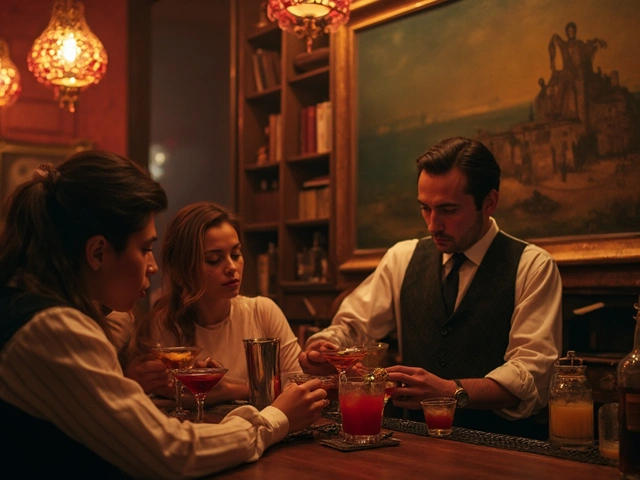
6 Comments
OMG I went there last month and I still can’t get over it 😭 Like, the first time the saz mixed with the modular synth hit-I literally stopped breathing. No filter, no pose, just pure vibe. I danced with a 70-year-old Turkish grandma who was wearing glitter boots and crying softly. I didn’t even know I needed this until I felt it. 🥹
so kiki is just a fancy word for ‘i’m too cool for your basic club’? 😂 bro it’s a nightclub not a therapy session. next they’ll serve you a mindfulness espresso and charge you 200 lira for it. ‘the bass hit just right’-yeah, right. sounds like someone wrote this after sipping artisanal hibiscus while listening to whale songs.
While I appreciate the romanticized narrative, one must interrogate the underlying neoliberal aestheticization of cultural authenticity. Kiki’s rejection of ‘generic’ club culture is, in fact, a commodification of anti-commodification-a performative resistance that reinforces bourgeois taste hierarchies. The use of salvaged Ottoman tiles, for instance, is not preservation-it’s heritage branding. The absence of a dress code is merely a strategic exclusionary mechanism disguised as inclusivity. One cannot escape the structural logic of capital, even in a basement with moody lighting.
Let me just say-this piece is *exquisitely* written, but the grammatical structure of the final paragraph is a disaster. ‘The night didn’t end. It just changed shape.’ That’s a sentence fragment. And ‘fallen stars’? Overwrought. Also, ‘saz player improvising with a modular synth’? That’s not fusion-that’s sonic schizophrenia. And why is the ice made from Bosphorus water? Is that even filtered? I’ve read studies about heavy metals in Istanbul’s aquifers. This isn’t artisanal-it’s a public health hazard. Also, ‘no one’s marking up the drinks’? Please. The profit margin on locally sourced juniper gin is astronomical.
wait… so this club is open only 4 nights a week and you have to find it by a little K sign? sounds like a cult. or a sting op. i bet they’re secretly recording everyone. why no wifi? why no tickets? why no cameras? they’re collecting data. they’re tracking who comes. they’re building a database of ‘real people’ so the government can target them later. also, the ‘silent disco’? that’s not peaceful-that’s mind control. headphones = signal. i’ve seen this before. in the 90s, they did it with raves. now it’s ‘authenticity.’
I just wanna say… I’ve been to a lot of clubs. Like, a lot. Vegas, Berlin, Tokyo, even that one in Marrakech where the DJ played dubstep with a camel bell. But Kiki? Kiki made me cry. Not because it was loud or flashy, but because it felt like the first time I ever really listened to music. Like, not just heard it, but felt it in my ribs and my throat and the back of my neck. I didn’t take one photo. I didn’t post anything. I just stood there, sweaty and barefoot in my sneakers, watching this woman in a headscarf and fingerless gloves move like she was remembering a dream she’d never had. And then the bass dropped and I realized-I’ve been waiting my whole life for a place that doesn’t care if I’m cool. Just that I’m there. And that’s the thing. It’s not a club. It’s a hug from the city. A big, messy, loud, quiet, Turkish hug. And I’m already planning my next trip.